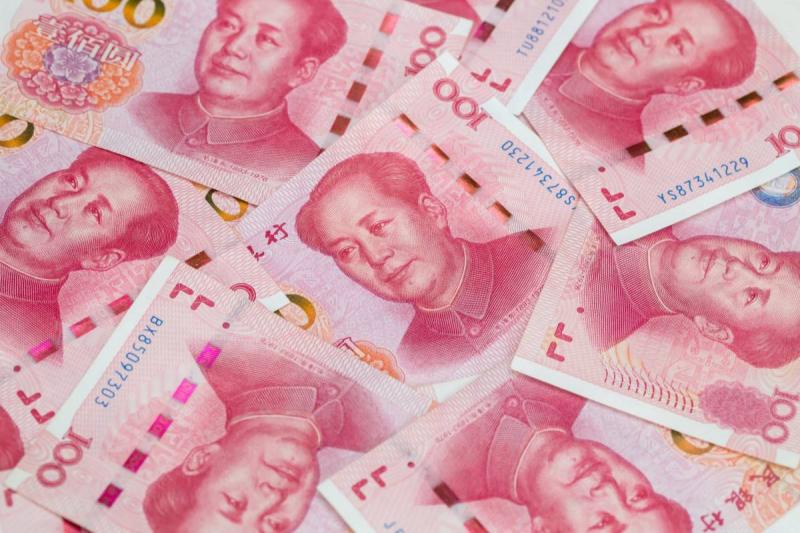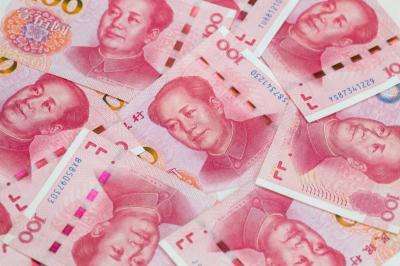Despite a global credit crunch that has shattered record levels, Chinese corporate debts stand out as one of the largest, with $1.3 trillion in domestic debts due in the next 12 months. This amount is 30% higher than what U.S. companies owe and 63% more than the total owed by companies in Europe. It is enough money to buy "Tesla Inc" twice, and alarmingly, it is due at a time when mainland Chinese borrowers are defaulting at an unprecedented pace.
Investors are bracing for a volatile period in the world's second-largest credit market, highlighting the challenges facing Chinese authorities as they work to achieve conflicting goals: mitigating moral hazard by allowing more defaults while transforming the local bond market into a reliable long-term funding source.
**Shift to Shorter Terms**
While the average maturity of corporate bonds in the U.S., Europe, and Japan has increased in recent years, it is getting shorter in China as defaults compel investors to reduce risks. Local Chinese bonds issued in the first quarter had an average maturity of 3.02 years, down from 3.22 years for the entirety of last year, on track to register the shortest annual average since "Fitch Ratings" began collecting data in 2016.
Iris Pang, chief economist at "ING Bank" in China, stated, "As credit risks increase, everyone wants to reduce exposure by investing only in shorter terms, and issuers also prefer to sell shorter-term bonds as longer-term bonds come with higher costs."
This shift toward shorter terms coincides with the Chinese government's campaign to tighten local credit markets that have long received implicit guarantees from the state. Investors are increasingly reconsidering the prevailing assumption that the authorities support major borrowers after a series of defaults among state-owned companies and a wave of selling in bonds issued by "China Huaron Asset Management Co."
**Escalating Defaults**
Defaults on the mainland have surged from negligible levels in 2016 to exceed 100 billion yuan ($15.5 billion) in a four-year consecutive increase, reaching this level last month, putting defaults on track to set a new annual record.
The preference for shorter-term bonds has exacerbated one of China's structural challenges: a lack of long-term institutional funds. Even before authorities allowed more defaults, short-term investments like bank wealth management products played a significant role.
Wu Chaowen, chief strategist at "Avic Trust," noted that social security funds and insurance companies are among the largest providers of long-term funding in China, but their presence in the bond market is limited. Selling longer-term bonds has become difficult in China due to a lack of long-term capital.
Chinese authorities are taking steps to attract long-term investors, including pension funds and foreign university endowments. In recent years, the government has lifted some foreign investment quotas and removed restrictions on foreign ownership of life insurance, investment firms, and fund managers.
However, even if these efforts succeed, it remains unclear how Chinese companies will adopt longer maturities, as many prefer to sell short-term bonds due to not having long-term capital management plans, according to Shen Ming, a director at "Chanson & Co," an investment bank in Beijing. This also applies to state-owned enterprises, which usually see their top management change every three to five years.
The takeaway is that China's local credit market faces a nearly continuous cycle of refinancing and repayment risks that threaten to exacerbate volatility should defaults rise. A similar mechanism is seen in the external market, where external debts due amount to $167 billion over the next twelve months. Pang from "ING" believes that this cycle is unlikely to change any time soon and may continue for another decade in China.




